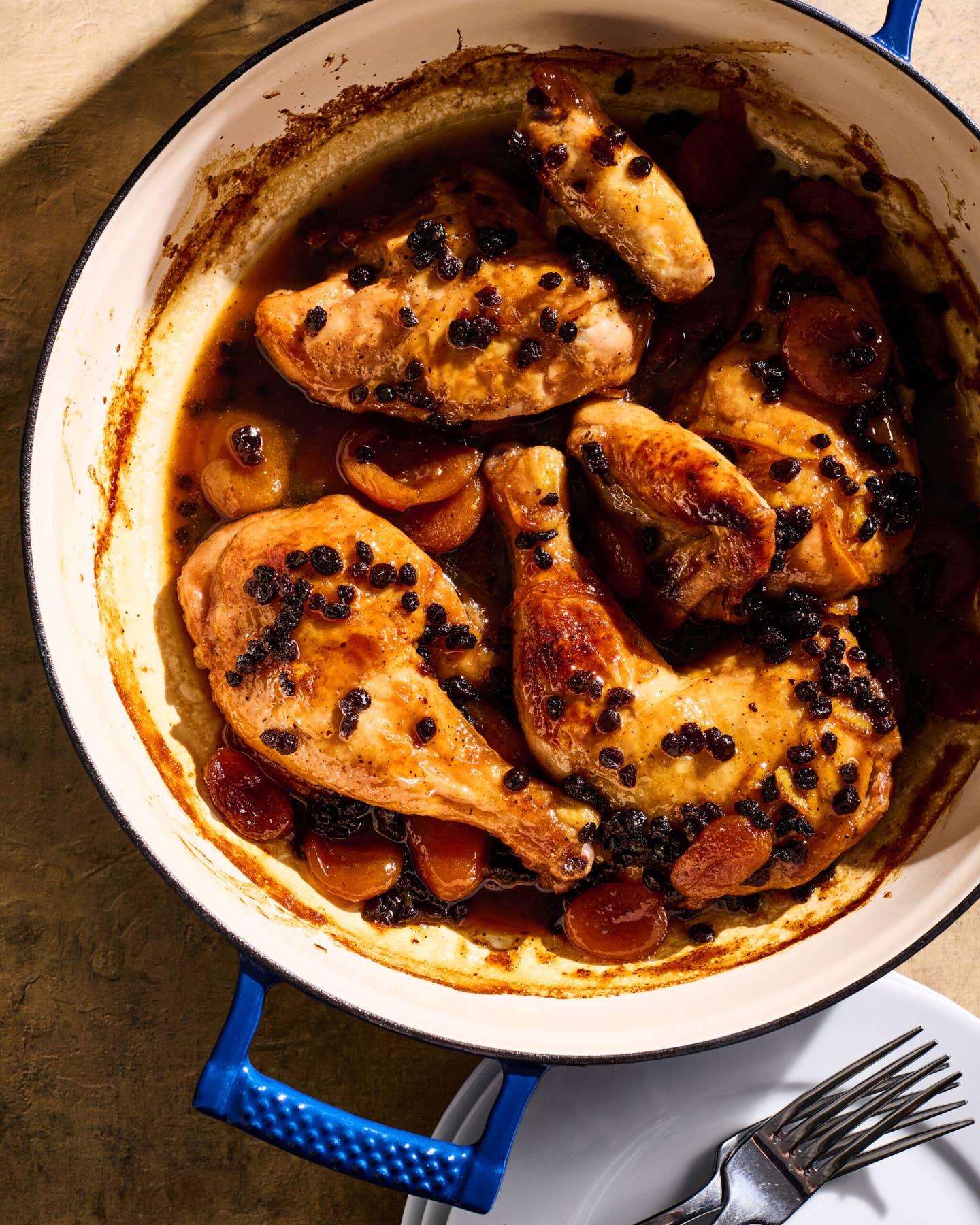
How to Peel Hard-Boiled Eggs
When you hard-boil as many eggs as we did to test deviled egg recipes for the SAVEUR 100, you start to wonder what the best way is to peel the darned things. We rolled, cracked, and carefully peeled our way through hundreds of them before we arrived at a few simple truths.

The most important step to getting a perfect, pock-free peel is to tap your hard-boiled eggs with a spoon or roll them on the countertop to crack the shells before you shock the eggs in cold water. This will loosen the membrane and make them easier to peel. We also found that the longer you leave eggs in cold water, the harder it is to remove their shells. Ideally, peel the eggs as soon as they're cool. Start at the broad end, and hold the egg under running water to loosen any bits of stubborn shell clinging to the sides.
Another thing to keep in mind is the freshness of your eggs. It turns out there's truth to the old saying "Fresh eggs are for frying and older eggs are for boiling." As Harold McGee notes in his book Keys to Good Cooking (Penguin, 2010), "Very fresh egg whites tend to stick to the inner shell and tear." To test eggs' freshness, drop them gently into a bowl of cold water. The freshest ones will immediately sink on their sides, while slightly older ones will tilt or even sit upright at the bottom of the bowl. Just be careful to avoid using eggs that float to the surface, a sign that they're past their prime.
Recipes for deviled eggs
Keep Reading
Continue to Next Story










